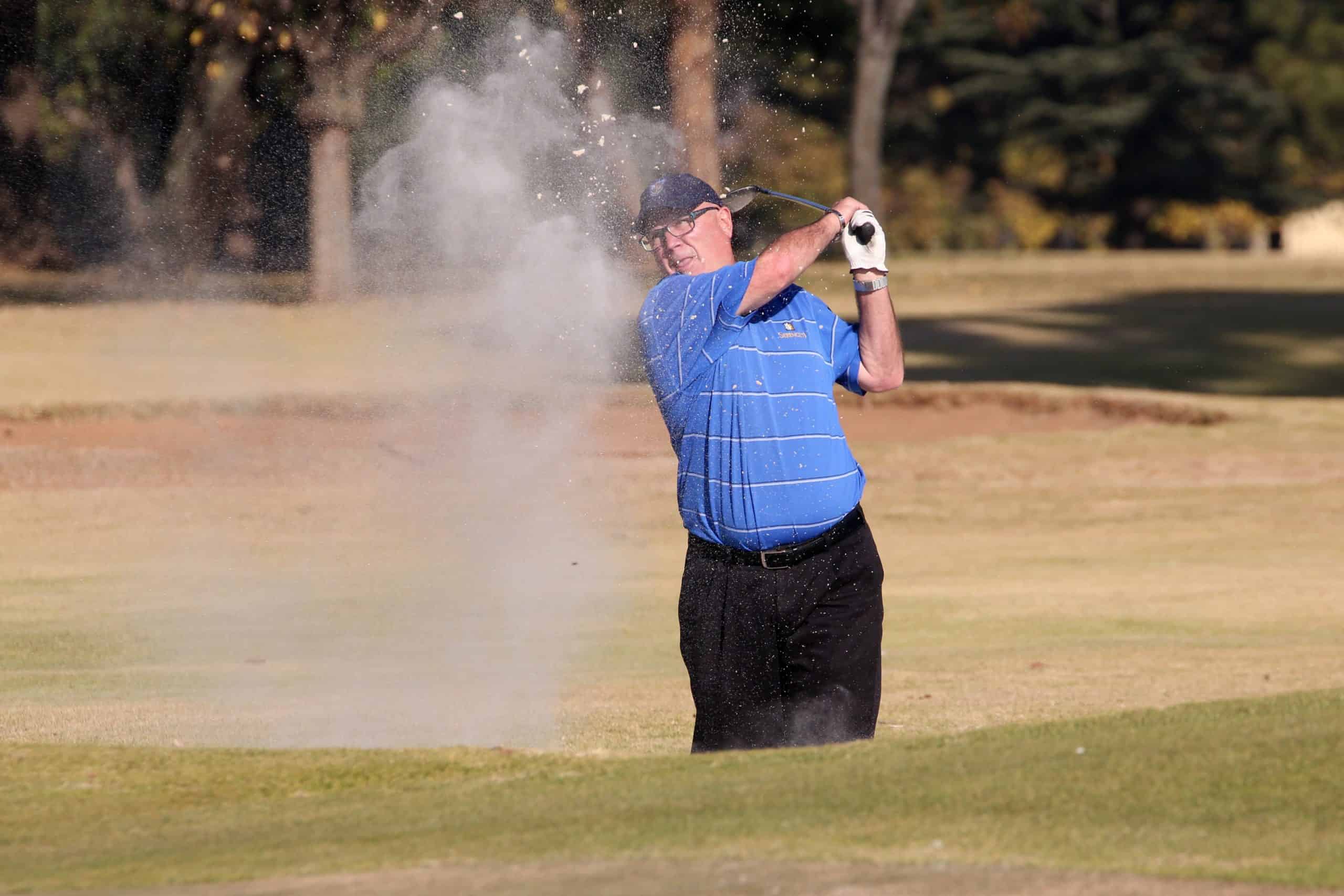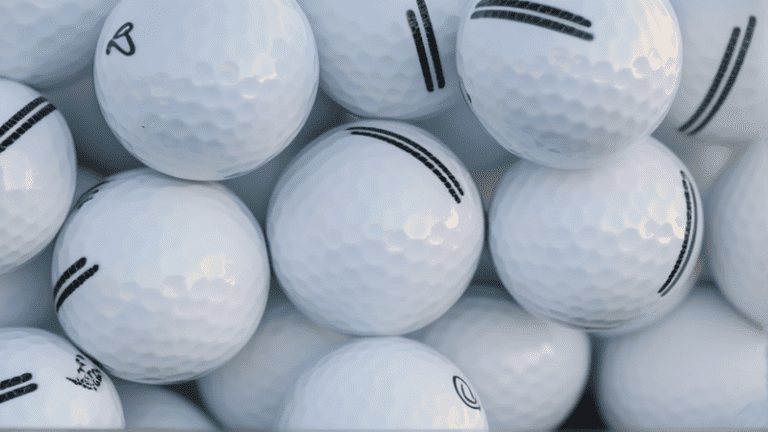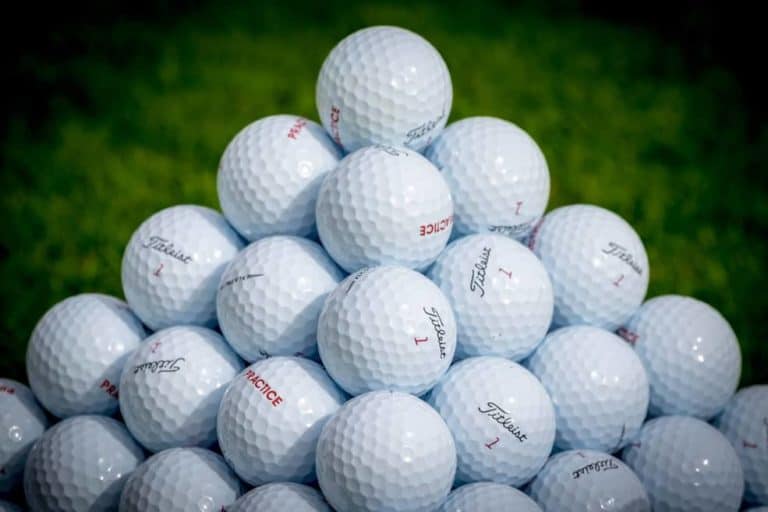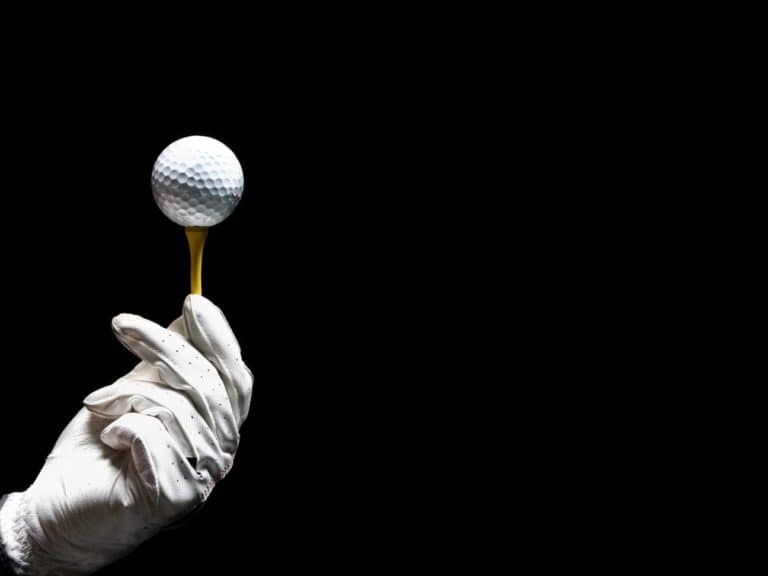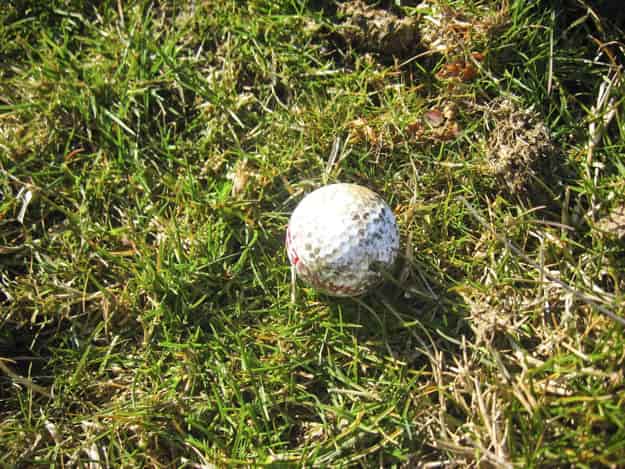Best Golf Balls For Slower Swings
Are you swinging at speeds below 85 mph? If so, and you’re using the same ball as PGA professionals, we have a tip that may benefit you. Golf balls with high compression and three-plus layers can have a significant impact on your game.
Let’s take a look at why and then some of the best golf balls for slower swings.
It’s important for a golfer with a slower swing speed to understand why using the same golf balls as their favorite pros may not be ideal. Professional golfers often have incredibly fast and powerful swings, allowing them to fully compress high-compression golf balls and extract maximum performance. On the other hand, slower swing speeds may struggle to activate the ball’s intended characteristics, leading to suboptimal results in terms of distance, control, and feel. By choosing golf balls specifically designed for slower swings, golfers can leverage technology that enables better compression, forgiveness, and overall game improvement tailored to their needs.
Low-compression golf balls typically have a multi-layer construction, consisting of two to three layers. These layers are designed to provide specific performance characteristics that optimize the ball’s performance for players with slower swing speeds.
The innermost core of a low-compression golf ball is usually larger and softer, allowing it to compress more easily upon impact. This helps maximize energy transfer and promote greater ball speed, especially with slower swing speeds.
Surrounding the core, there may be one or two intermediate layers. These layers are often made from materials with varying degrees of firmness to support the core and provide additional control over ball compression and spin. They contribute to the overall performance and feel of the ball.
The outer layer, also known as the cover, is typically made from a softer material like ionomer or urethane. The cover provides both durability and spin control, allowing golfers with slower swing speeds to generate the desired amount of spin for better control around the greens.
The multi-layer construction of low-compression golf balls helps optimize performance for golfers with slower swings. It allows for better energy transfer, improved feel, and enhanced distance, making them a popular choice for players looking to maximize performance with their swing speed.
Players with slower swing speeds, typically hitting drives less than 200 yards, may struggle to achieve greater distances. Luckily, advancements in technology have resulted in golf balls that compress easily at low speeds and offer a high launching angle. This leads to improved air time and a longer carry. Therefore, it’s important to find the best golf balls for slower swings.
Related: our ultimate beginners’ guide to golf.
Choosing the best golf balls for slower swings
You should consider the following:
- Spin: The rate of rotation of the ball after impact from the club face is known as spin rate. This affects both the height and distance of a shot.
- Feel: The feel of a golf ball is influenced by its construction. Some balls feel soft, while others feel firm or hard when your club head comes into contact with the ball when swinging.
- Stiffness: A higher compression rating means the ball will spin more and can be more easily controlled on approach shots. Softer balls usually spin less and can travel farther with longer clubs, but control is less precise.
The range of these balls can be categorized into ‘low spin’, which focuses on reducing sidespin for better alignment, ‘mid-spin’, which strikes a balance between long-distance and green-side control, and ‘high spin’, which optimizes for lift and distance. But the best golf ball for slower swing speeds depends on many factors like the player’s skill level, budget, and swing characteristics.
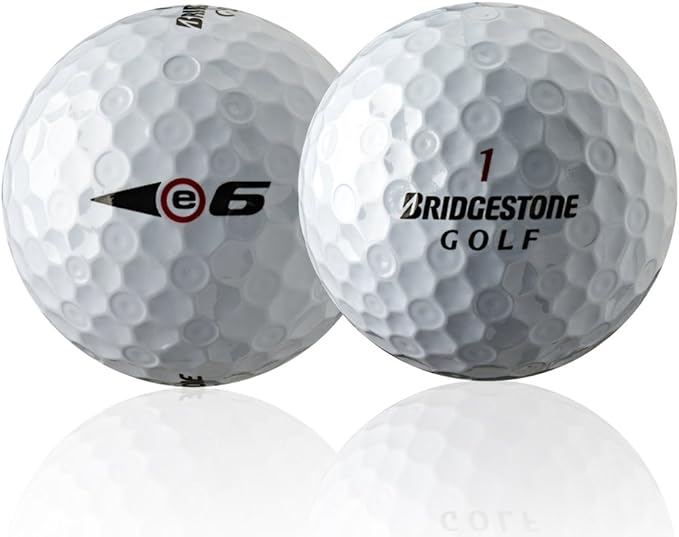
Bridgestone’s e6 Soft is worth starting the discussion. With its innovative design focused on creating a soft feel and low spin for straighter shots, it suits players with a swing speed of less than 105 miles per hour (mph). The three-piece construction aids distance and benefits those who cater to straight shots rather than slicing or hooking. Even within a budget, you can maximize your game’s potential without compromising feel with one of the best golf balls for slower swings.
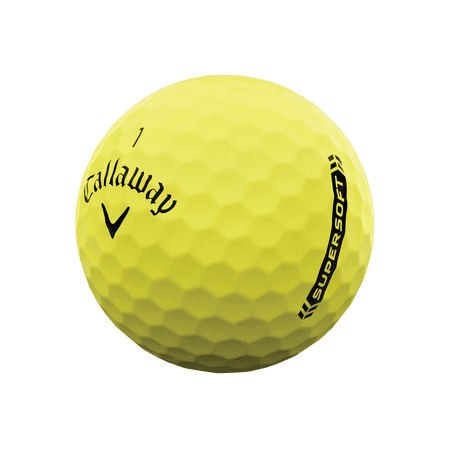
Next, there’s the Callaway Supersoft, characterized by its ultra-low compression core. It promotes faster ball speed and increased accuracy, even with a slower swing speed. With fantastic green-side control thanks to its softcover, the Supersoft ensures your slower swing can still land a distance shot.
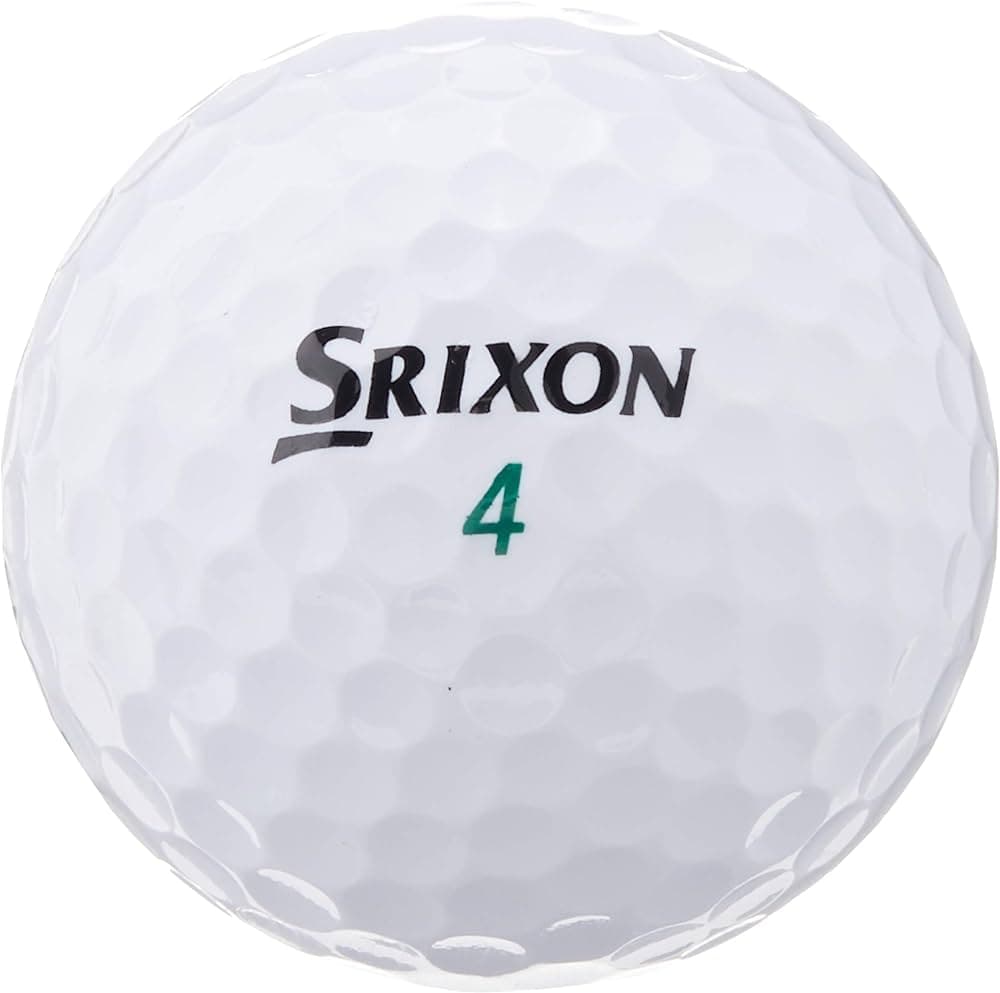
Srixon’s Soft Feel grabs the attention in the ‘best value for money’ category. Offering fantastic ball speed and maintaining a soft center, it’s apt for golfers sporting a swing speed of around 70-90 mph. This ball’s high lift and low drag aerodynamic design ensure distance coverage, while its softer and resilient core provides a softer feel, less spin, and makes up for the slower swing speeds.
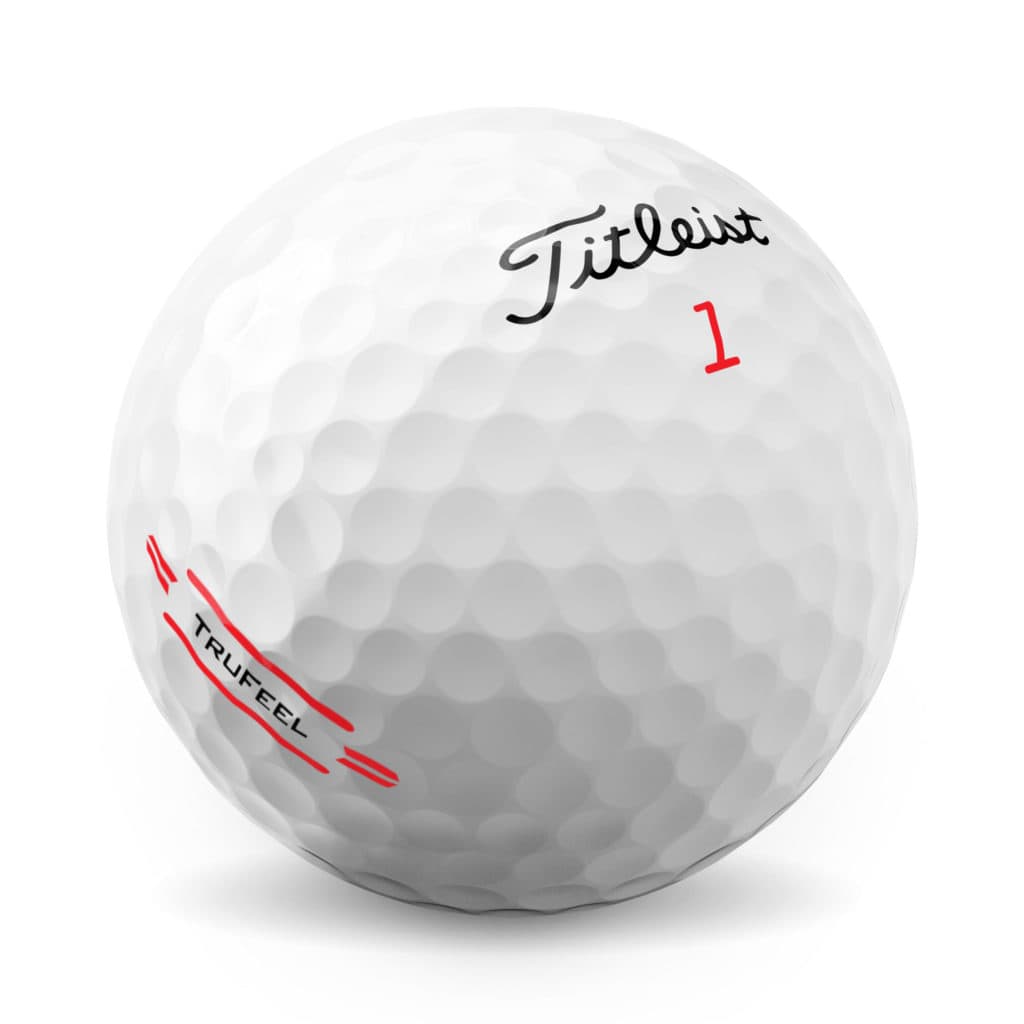
The Titleist DT TruSoft, another excellent option, works wonders with swings below 85 mph to gain the desired distance. It’s the softest Titleist ball, and with low spin for irons, you can expect an impressive distance.
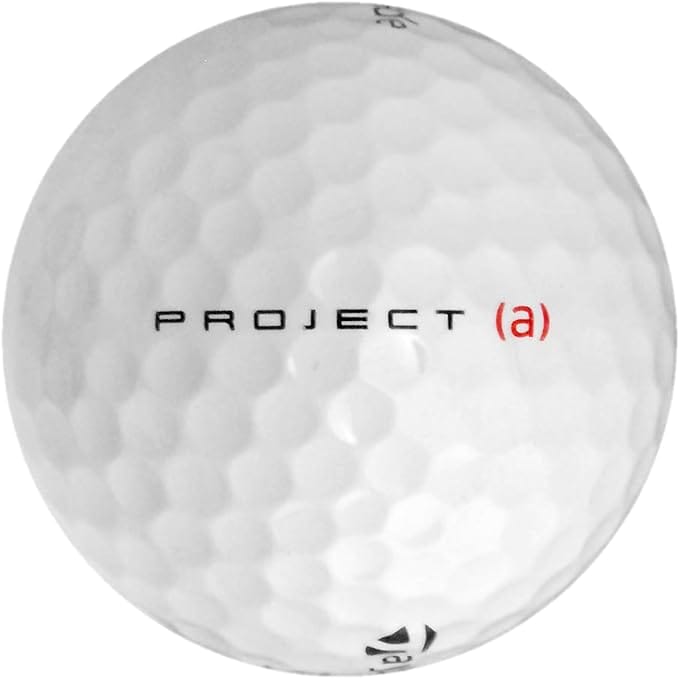
The Taylormade Project (s) deserves a mention too. It’s designed to balance feel around the greens and explosive distance. With low compression and low spin characteristics, golfers with slower swing speeds can enjoy a higher launch and more lift.
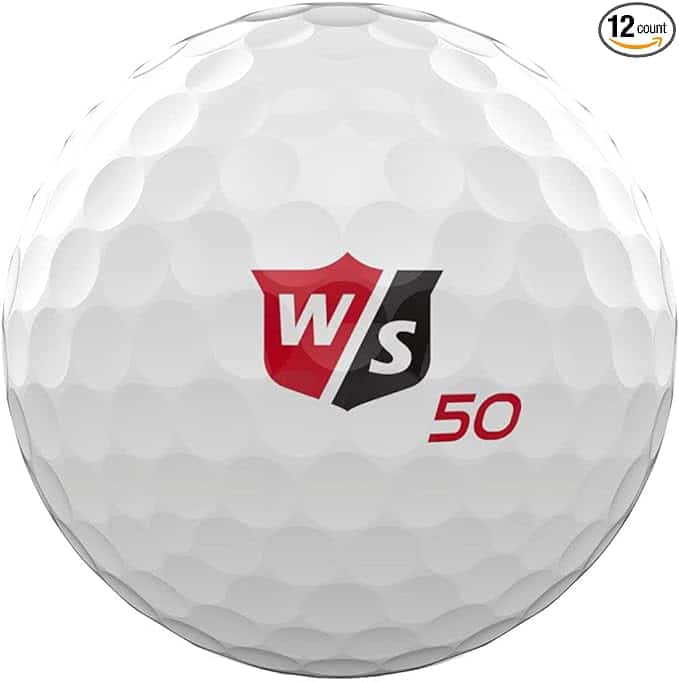
Lastly, the Wilson Staff Fifty Elite brings a super-responsive core to the table for a superb balance between a softer feel and explosive power. Its shallow dimples aid in longer flight, and the rubber-rich soft ionomer cover creates a reassured feel.
Selecting the best golf balls for your slower swing speeds should couple your style, distance gained, and feel. Be sure to experiment with a few from this list, watch your flight, and measure your outcome before deciding.
Remember, having a slower swing speed can be an advantage in precision, especially on tricky terrain. So, keep calm, swing slowly, and let the ball do the magic. After all, golf is not just about how fast you swing, but how well you play!

